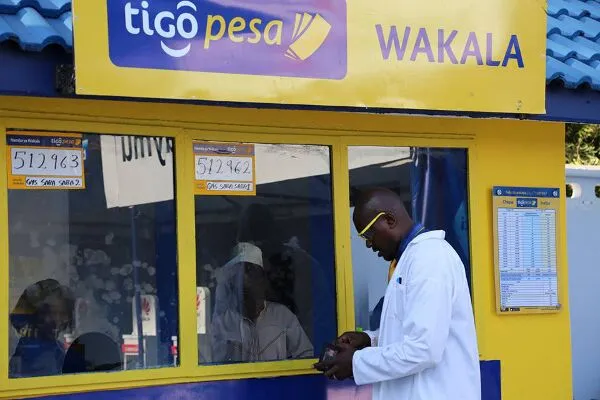As the world thrives in the digital age, Tanzania stands at a pivotal crossroads. The internet has revolutionized economies globally, and the nation has taken crucial steps towards a digital future.
Electronic financial services like mobile money have surged in popularity, driving financial inclusion to a remarkable 76%, as revealed by the recent financial service demand-side survey (Finscope, 2023). However, to fully optimize its digital potential, the country must bridge the gap in internet access, speed, and user awareness.
Beyond Mobile Money: A Thriving Digital Ecosystem
While mobile financial services are a success story, Tanzania's digital economy encompasses more. E-commerce platforms offer vast opportunities for businesses and consumers, while digital literacy empowers citizens to participate actively in the online world. Strategic investments across these sectors are crucial for a well-rounded digital transformation.
Expanding Internet Access to reach underserved areas
Enhancing internet coverage, particularly in underserved peri-urban and rural areas where some areas are yet to enjoy reliable access is significant. Telecom companies, with their existing network of cell towers, are well-positioned to lead the charge in expanding coverage beyond major cities. However, the initiative requires significant infrastructure investment.
Public-private partnerships can play a key role in financing infrastructure development, ensuring that the 24 million Tanzanians who access the services via mobile phones (approximately 33% of the internet population), fully capitalize on the digital revolution.
Improving High-Speed Internet Access
While Tanzania boasts significant geographical coverage, with 3G reaching 72% and 4G reaching 64%, a substantial portion of internet users roughly one-third (12.2 million lines) remain tethered to slow 2G connections.
This highlights the need for infrastructure upgrades and investment in fiber optic networks. Faster internet will empower businesses to operate more efficiently online, foster innovation, and allow citizens to access educational resources and healthcare services effectively.
Expanding Fiber Connectivity
The existing fiber infrastructure falls short of meeting demand, primarily due to its limited coverage in certain areas and among specific fewer user groups. Recent statistics reveal that only 49,163 domestic users and 5,126 office users are connected via fiber, representing just 0.13% and 0.01% respectively of the 36.8 million internet users nationwide.
To bridge this gap, expanding fiber optic distribution is crucial, especially to major users such as office buildings, hotels, restaurants, conference halls, malls, and others.
Educating Users for a Secure Online Environment
Public education on cybersecurity remains eminent. Service providers must prioritize educating users about online threats like phishing scams and data breaches. Collaborative initiatives between the government, NGOs, and tech companies can develop engaging programs to promote safe internet practices for all age groups.
In conclusion, by expanding internet access, investing in high-speed infrastructure, and prioritizing user safety, Tanzania can unlock its full digital potential. Collaborative efforts from the government, private sector, and civil society are vital for a secure and inclusive digital ecosystem. This will propel the nation towards a thriving digital economy, empowering businesses, boosting innovation, and improving the lives of all Tanzanians.
About the author;
Aziz Rashid is an academic, research assistant, a freelance writer specialising in financial and economic issues, business analyst, data reporter, and columnist for newspapers and magazines. For inquiries, please contact us via email at; binazizrashid@gmail.com.
Optimising Tanzania's Internet Space, Closing the Gap for Thriving Financial Inclusion and Digital Economy.
June 18 2024 392 Economics & Finance
